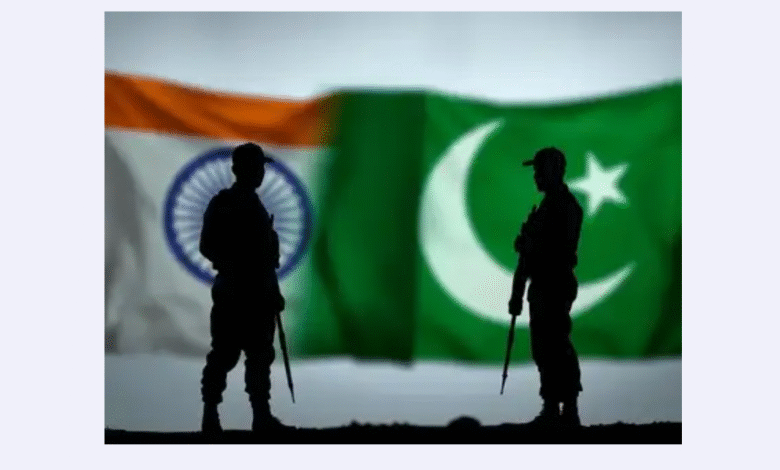India, Pakistan clashes over deadly Kashmir attack

In a tit-for-tat move, India government on Wednesday, April 30, 2025, closed its airspace to all Pakistani airlines.
The Indian government announced the decision through a Notice to Airmen, NOTAM, effective from April 30 to May 23.
This marks a direct response to Pakistan’s earlier airspace ban on Indian carriers.

Diaspora Digital Media, DDM, reports that Pakistan authorities had blocked Indian aircraft from flying through its skies days after militants killed 26 tourists in Kashmir.
The deadly attack occurred in the disputed region, which both nations claim but govern in parts.
Pakistan have accused India of negligence and failed security, while India blamed Pakistani-backed groups for the violence.
Kinjarapu Rammohan Naidu, India’s Civil Aviation Minister, said he took the measure to protect national interests and ensure reciprocal treatment.
He added that the ban reinforces India’s stand against “unilateral and provocative” actions by Pakistan.
As tension among the two countries escalates, aviation experts have warned that the airspace restrictions could impact regional and international flights.
It also said that several carriers may need to reroute, increasing fuel costs and extending flight durations.
Flights between Southeast Asia, the Middle East, and Europe often rely on corridors through India and Pakistan.
India’s Foreign Ministry also barred Pakistani citizens from using the South Asian Association for Regional Cooperation, SAARC, visa exemption programme.
The visa-free travel arrangement had allowed limited entry for officials and delegates.
Officials described the suspension as temporary but necessary under the current security climate.
Pakistan’s Foreign Office condemned India’s actions.
It described the measures as “aggressive, unjustified, and detrimental to regional peace.”
Islamabad have urged India to reopen dialogue and resolve conflicts through peaceful means.
India, however, dismissed the call as insincere.
Officials said Pakistan must first take responsibility for cross-border militancy.
They cited intelligence pointing to the involvement of Pakistan-based groups in the Kashmir attack.
Both countries have suspended talks since early 2024, following earlier border clashes.
Bilateral trade remains frozen, and cultural exchanges have been cancelled.
Security along the Line of Control remains tight.
Troops on both sides remain on alert, with sporadic gunfire reported in recent weeks.
International unions have expressed concern over the escalating tension.
The United Nations has called for restraint and renewed dialogue.
So far, neither side has shown willingness to de-escalate.
With airspace shut and relations frozen, South Asia braces for further fallout.
The standoff threatens to affect not only bilateral ties but also broader regional cooperation and stability.
Post Views: 11




